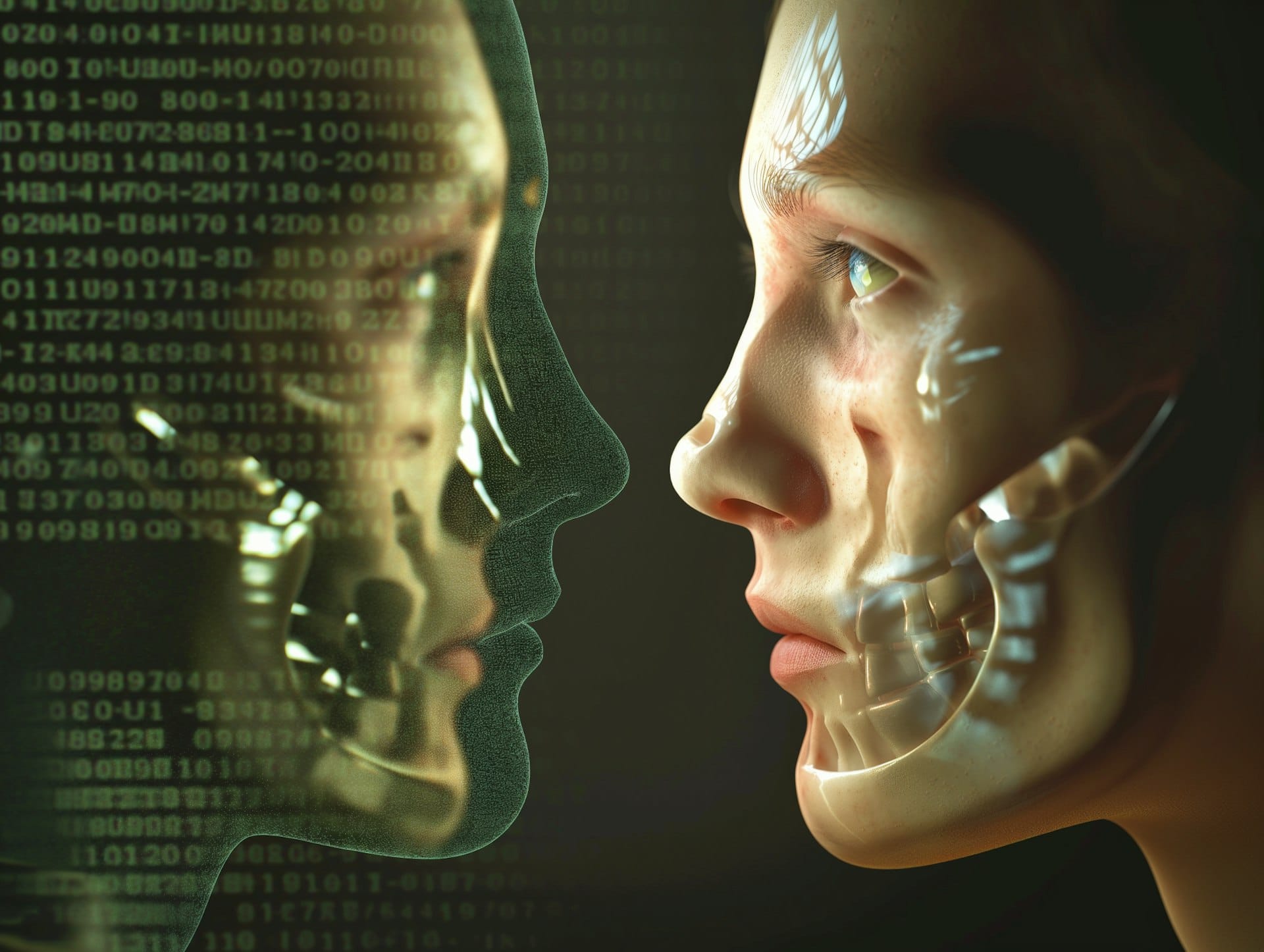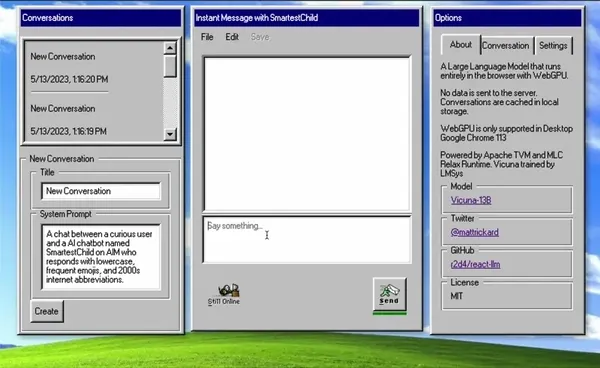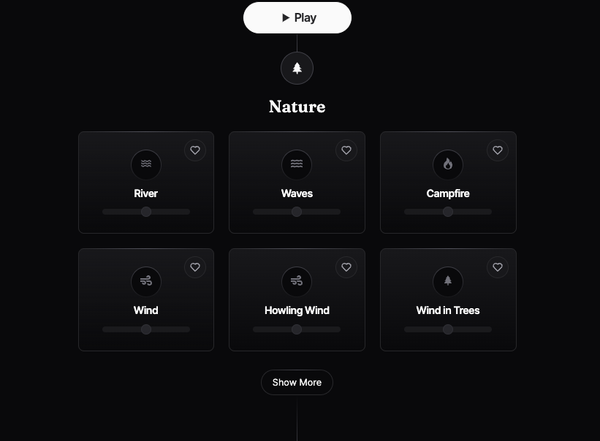LLMs in Personalized Healthcare: Revolutionizing Medical Records
Table of Content
Imagine walking into your doctor's office and, within minutes, they have a complete understanding of your entire medical history, including that allergy you mentioned five years ago or that minor surgery from your childhood. This isn't just convenient – it's potentially life-saving, and it's becoming possible thanks to an exciting development in artificial intelligence called Large Language Models (LLMs).
These remarkable AI tools are like incredibly smart medical assistants that never get tired and can read through thousands of medical records in seconds. They're helping healthcare providers deliver better, more personalized care to every patient who walks through their doors.


Applications of LLMs in Medical Records
Data Organization and Analysis
Remember the last time you had to repeat your medical history to a new doctor? LLMs are helping to make that a thing of the past. These smart systems can read through all your previous medical records – even those handwritten notes from your family doctor – and organize everything into a clear, easy-to-understand format. It's like having a super-efficient medical librarian who knows exactly where to find every piece of information about your health.
Personalized Recommendations
Think of LLMs as your personal health detective. By looking at your unique medical history, genetic information, and lifestyle factors, they can help your healthcare team spot patterns and make suggestions tailored just for you. For instance, if you have a family history of heart disease and your recent blood tests show certain patterns, the system might flag this for your doctor to discuss preventive measures with you sooner rather than later.
Patient Summaries
Doctors often need to quickly understand a patient's medical background, especially in emergency situations. LLMs can create clear, concise summaries of your medical history – like a highlight reel of your health journey.
This means your healthcare providers can spend less time digging through records and more time actually talking with you about your health.

Language Translation
Healthcare can be challenging enough without language barriers getting in the way. LLMs are breaking down these walls by instantly translating medical information into different languages. This means if you're more comfortable discussing your health in Spanish, Mandarin, or any other language, your medical records can be instantly translated while maintaining their medical accuracy.
Clinical Support
These AI systems are like having a brilliant medical consultant available 24/7. They can help your healthcare team by suggesting possible diagnoses based on your symptoms and medical history, recommending treatment options, and even predicting how you might respond to different medications. Of course, all of these suggestions are carefully reviewed by your human healthcare providers.

Challenges and Ethical Considerations
While this technology is exciting, it's important to acknowledge the challenges we're working to address:
Privacy and Security
Your medical information is deeply personal, and keeping it private is a top priority. Healthcare providers are implementing strong security measures and following strict privacy rules (like HIPAA) to ensure your information stays confidential. It's like having a high-tech vault for your medical records.

Bias in AI
Just as we work to eliminate biases in human healthcare, we're also carefully monitoring and correcting any biases that might appear in AI systems.
Healthcare providers and AI developers are working together to ensure these systems provide fair and equal recommendations for all patients, regardless of their background.
Accuracy and Accountability
While LLMs are incredibly helpful, they're not replacing your healthcare team – they're empowering them. Every suggestion from an AI system is carefully reviewed by qualified healthcare professionals who understand your unique situation. Think of it as having an extra layer of verification to ensure you receive the best possible care.
The future of healthcare is becoming more personalized, more efficient, and more accessible thanks to these advances in AI technology. But at its heart, healthcare remains deeply human. These tools are simply helping your healthcare providers deliver the best possible care – with all the personal attention and expertise you deserve.











